For the Record, Female Candidates – Numbering 190 – Will Be on State’s Tuesday Primary Ballots

In addition, Maryland is one of 22 states to have never had a woman serve as governor. One woman is hoping to change that: Krishanti Vignarajah, a former official in the Obama administration who has chosen another woman, Sharon Blake, as her running mate. Valerie Ervin also had filed to run for governor but recently threw her support behind Prince George’s County Executive Rushern L. Baker III.
Maryland’s 2018 female candidates offer voters much diversity in ethnicity, location and sexual orientation. One of the candidates, Chelsea E. Manning, gained national recognition when she successfully appealed to have the Army health system pay for her gender change. She was previously convicted of passing sensitive government documents to WikiLeaks, but President Obama commuted her sentence. She is challenging incumbent U.S. Sen. Benjamin L. Cardin in the Democratic primary.
Here is a quick snapshot of four of the women candidates:
Following in her parents’ footsteps she decided to become an engineer, earning a degree in civil engineering from Missouri University of Science and Technology. She then worked as a transportation engineer in local governments in California, Virginia and Hawaii. She settled in Maryland in 1990, where she married and raised three daughters, all the while working as a transportation engineer for the Montgomery County Department of Transportation.
“You would be a public servant just as you were when working for local governments as a transportation engineer,” he told her. She ran in 2010 as part of the District 15 team, which she credits for being supportive, sharing resources and mailers together for eight years. In the Maryland House of Delegates she worked on issues such as the minimum-wage hike, gun safety and marriage equality.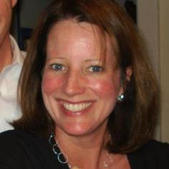
She subsequently was quoted in The New York Times in a story on sexual harassment and appeared on MSNBC, and her profile skyrocketed.
“What happened in the next two weeks with people calling me from all over the country, revealing their bad experiences and participating in meaningful conversations, made me want to make the jump from non-profit executive to policy maker,” she said.
“As a parent we need to look at what we can do to keep moving forward in cleaning up the Chesapeake Bay and on forest conservation – it’s time to get a bill [that’s been in the legislature] passed,” she said.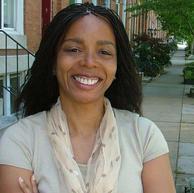
“Access to opportunity in Baltimore means access to public transportation,” she said. “People who are unemployed are the people who most depend on public transit and we need that opportunity to help them gain jobs.” And she also notes that employed people have better health outcomes.
“We saw a need, mobilized, and started a school, which is now thriving and diverse,” she said. She started working as a special assistant to the Maryland Health Benefit Exchange in 2014.
“Access to health care is a human right, and it’s always been my belief,” she said.
In addition to the other incumbents, there are two more Democrats in the primary: Dea Thomas, another African-American woman who, like Lewis, is a graduate of Emerge Maryland, a national organization that trains Democratic women to run for office, and Nate Loewentheil, a political newcomer who has ties to former President Obama. Loewentheil has raised $430,000, compared to Lewis’ $111,000, according to the latest reports filed in June.
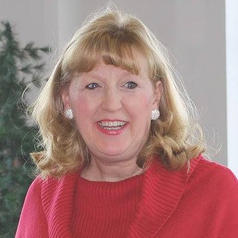
“People want to have infrastructure and think development should pay its way,” she said. “It’s a challenge and will continue to be a challenge, and no other Maryland county has these agreements with developers.” To help ameliorate the situation, Gardner approved no new residential growth during her first term.
If re-elected she vows to maintain the county’s AAA bond rating as well as managing residential growth responsibly “by timing growth with our ability to provide needed schools, roads and essential services.” At the same time, she promises to lift the salaries of teachers as well as promising pay raises for firefighters.
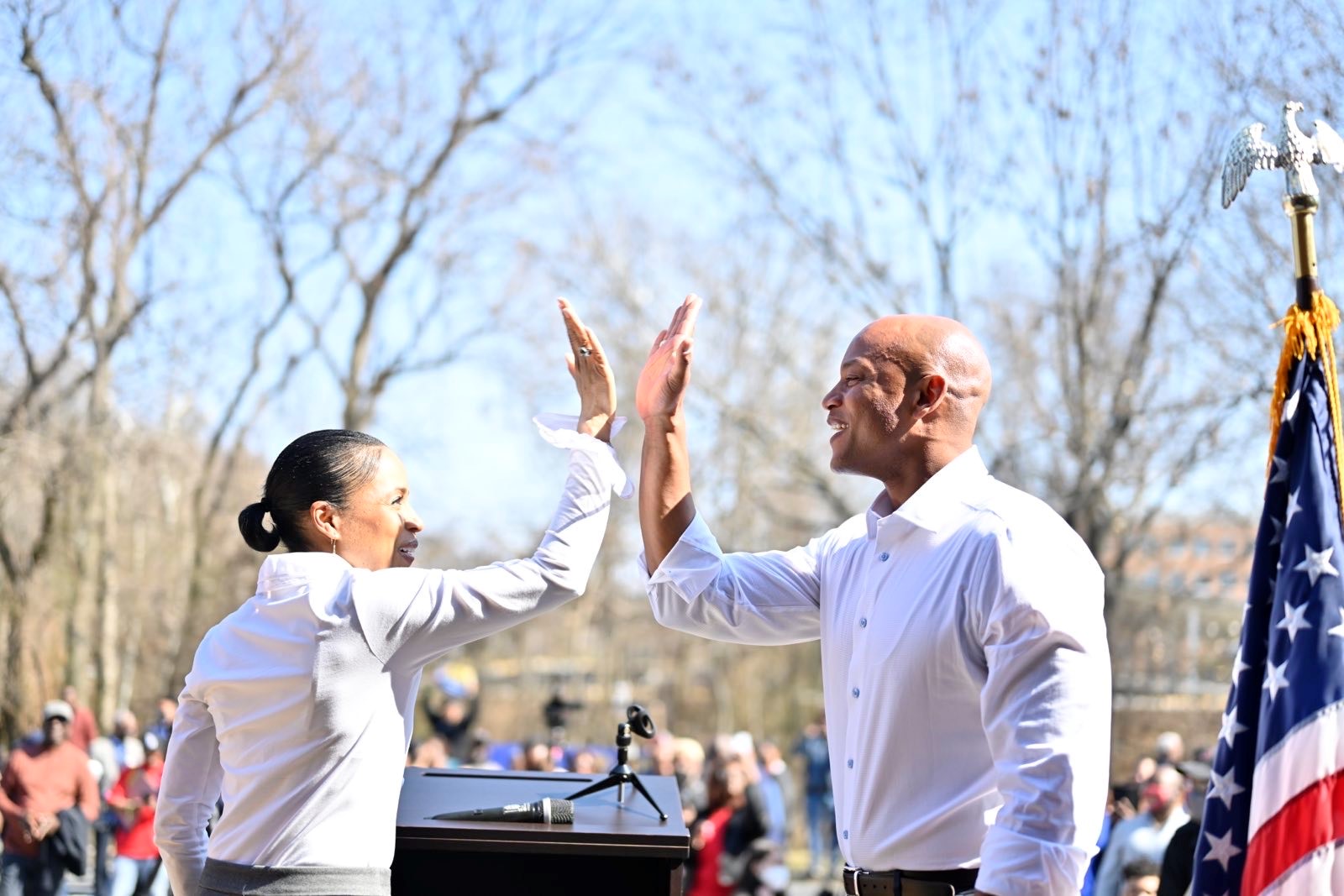

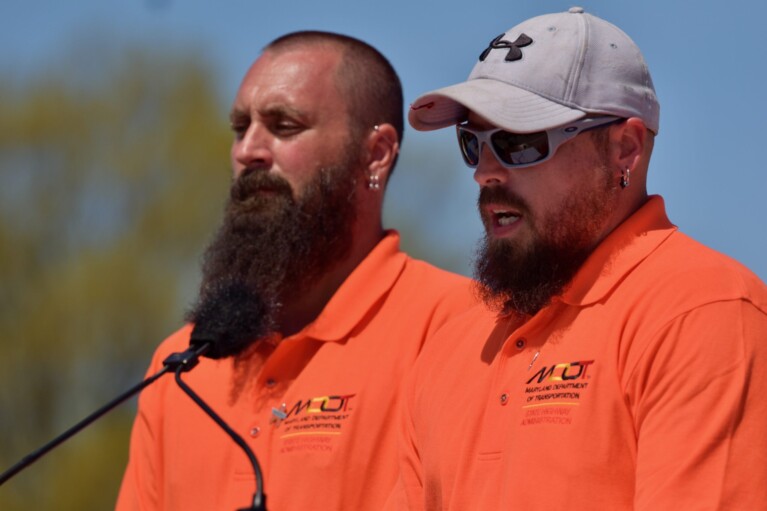
 Creative Commons Attribution
Creative Commons Attribution